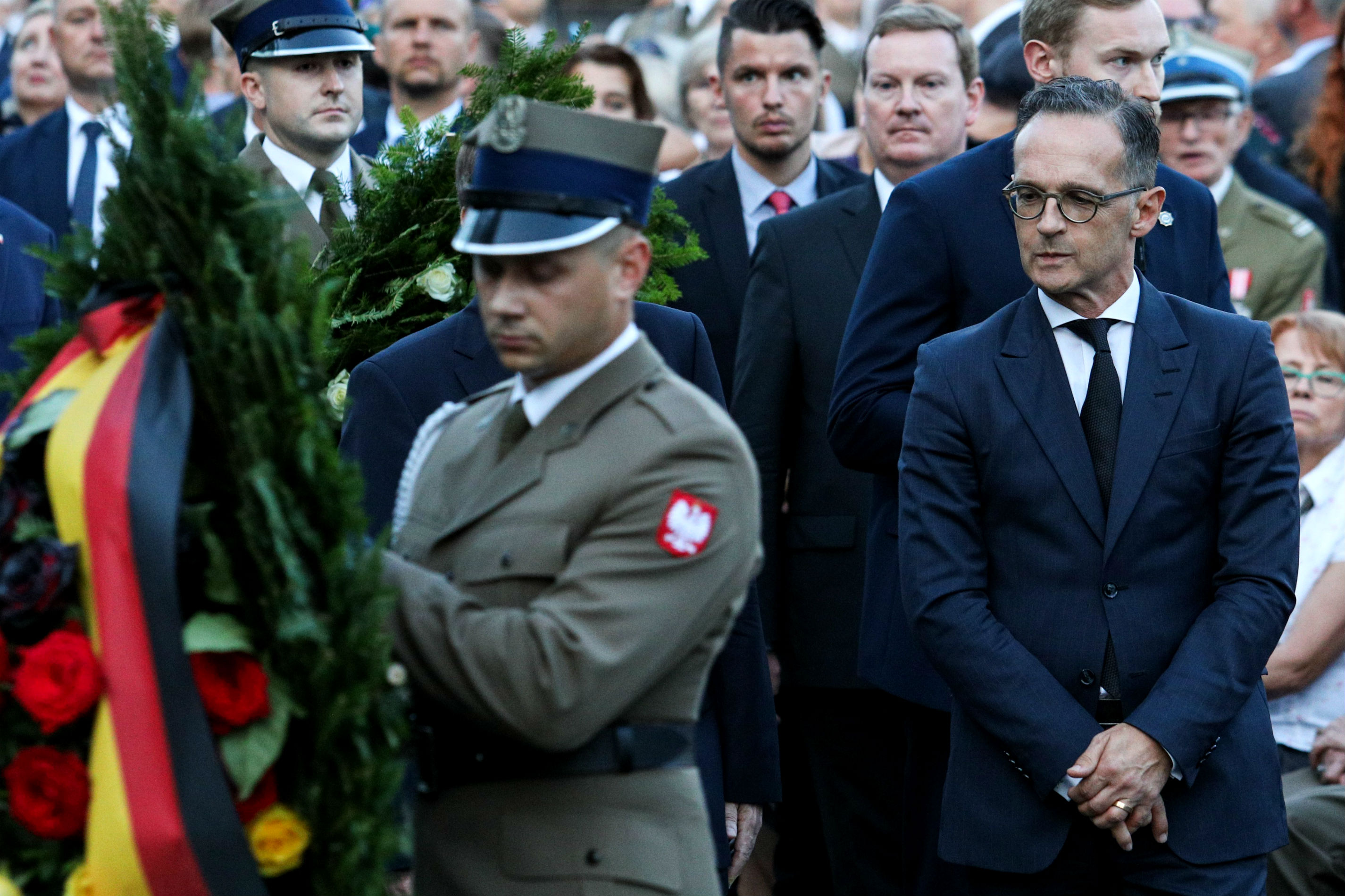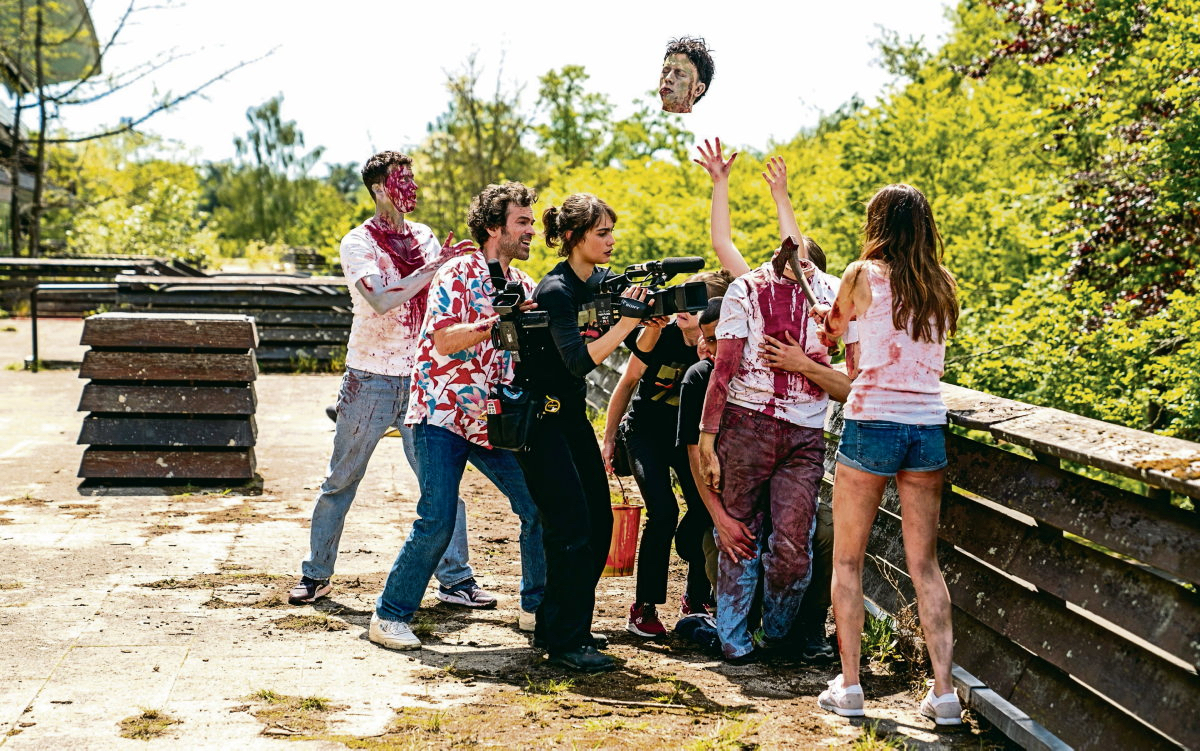In September this year the Supreme Court suspended the cassation proceedings which had been suspended for nearly two years. The decision to suspend was linked to judgement on the reconstruction of the files of the pre-war trial.
File Restoration
The proceedings before the Supreme Court concerned the files of the “Brest-Litovsk trial” when this case was on the agenda of the pre-war Supreme Court – in May and October 1933. These files did not have Probably not exported in 1939 and destroyed during WWII.
However, it has been possible to reconstruct – according to the decisions of the Supreme Court – fragments of the protocols and justifications of the two judgments rendered before the war in the Supreme Court. This was done on the basis of documents from the Archives of New Records, the official pre-war collection of Supreme Court judgments, as well as lengthy excerpts from the rationale for the Supreme Court judgment of May 1933 , published at the time in the PPS. Review “Robotnik”. In the archive of new documents – as provided – is a copy of the operative part and justification of the judgment rendered in the Brest case by the Warsaw District Court on January 13, 1932.
The Brest trial opened on October 26, 1931 before the Warsaw High Court. More than 50 hearings took place. On January 13, 1932, the convictions were pronounced. Dubois, Ciołkosz, Mastek, Pragier and Putek were sentenced to three years in prison, Lieberman, Barlicki and Kiernik to two and a half years, Bagiński to two years and Witos to one and a half years. Sawicki was acquitted.
Historical responsibility of judges
As Judge Wiesław Kozielewicz said during the hearing, acknowledging responsibility for martial law, the responsibility of judges is historical. And also before God and the responsibility towards the own conscience of each judge.
The Supreme Court has scheduled a hearing on January 26, 2023 concerning the politicians convicted during the “Brest trial” in the 1930s. The Supreme Court will then examine – – the admissibility of the cassation appeal lodged in this case by the Ombudsman.
Three judges from the Supreme Court’s Criminal Division have already been appointed for the case – the session is to be chaired by the presiding judge of the division Michal LaskowskiJudge Eugeniusz Wildowicz will be the rapporteur for the case, and Judge Paweł Wiliński is also part of the panel. The meeting is due to take place on January 26 in the largest room of the Supreme Court, at 12.







